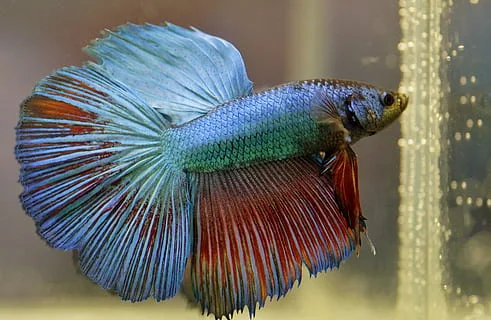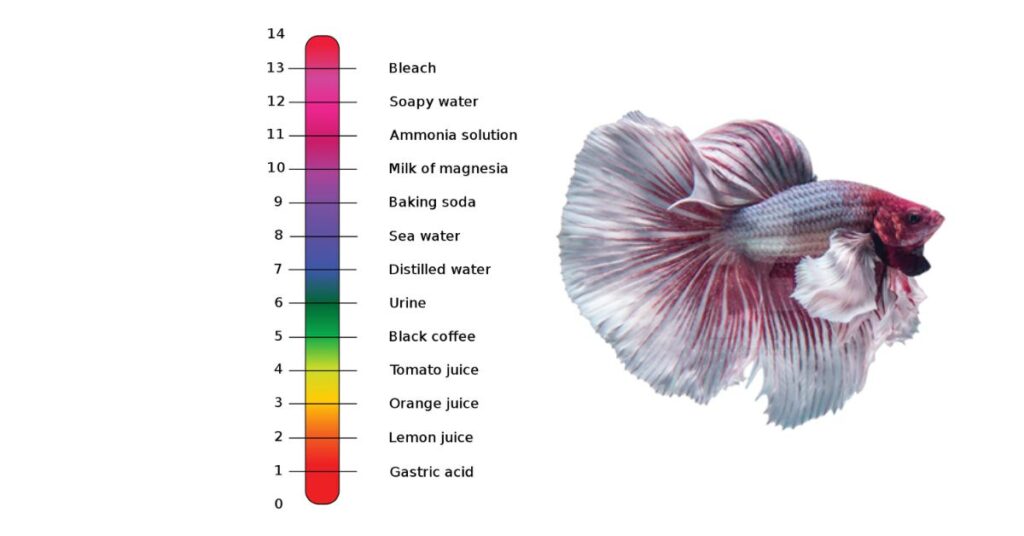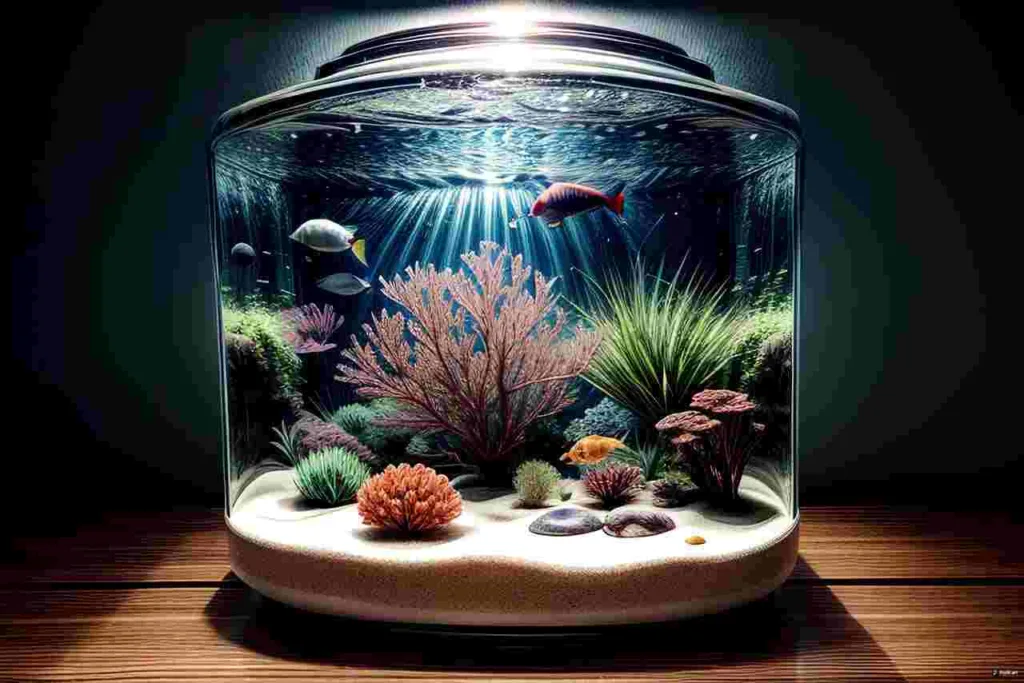Hey there, fellow fish enthusiasts! today we’re diving deep into the world of betta fish diets. I know the struggle – you’ve got your first betta fish, and suddenly, you’re faced with a million food options. Which one is the best? Well, worry not! I’ve got you covered with my top favorite foods to keep your betta fish happy and healthy.
Now, let me share a bit of my journey. In my early days as a betta parent, I made the common mistake of feeding my fish a random jar of betta flakes, sticking to the same diet throughout their lives. Little did I know, the internet held a treasure trove of information about the goodies bettas truly deserve. So, I embarked on a culinary adventure for my aquatic buddies, making sure they ate healthier than I did!
Let’s start with understanding what these critters munch on in the wild. Bettas are insectivores, indulging in any bug that takes a dive into the water, along with zooplankton and crustaceans. In our aquariums, they lean towards protein-rich, small-sized floating foods. Their mouths are designed to scoop food from the water’s surface, and yes, they’re known to be quite picky – spitting out oversized bites.
Now, variety is the spice of life, even for bettas. While there’s no magical food containing all necessary nutrients, experimenting with different options can be rewarding. But a word of caution: remove uneaten foods within 15 minutes to an hour to avoid water toxicity. Also, steer clear of messy or microscopic foods to maintain a pristine tank.
Favorite Foods:
1. Prepared Foods:
- Floating betta pellets top my list. Clean, easy to measure, and perfect for pet sitters. Brands like Hikari, Ocean Nutrition, Northland, and New Life Spectrum are popular choices.
- For smaller bettas, try Hikari pellets, which are tiny and suitable for the little ones.
2. Freeze-Dried Foods:
- Freeze-dried bloodworms are a tasty treat. Crumbly pieces are a concern, so be mindful of water cleanliness.
3. Frozen Foods:
- Frozen bloodworms, brine shrimp, and daphnia are a hit. Thaw small portions to avoid waste. Remember, never refreeze.
4. Live Foods:
- Live baby brine shrimp, black worms, micro worms, and even pinhead crickets are options. However, they come with disease concerns and maintenance hassles.
Feeding Tips:
- Frequency: I feed my betta, Soundwave, once a day, six days a week. Fasting one day a week can prevent bloating.
- Quantity: No strict rules here. Adjust portions based on your betta’s size, activity level, and overall health.
- Weight Management: Monitor your betta’s weight. If the abdomen protrudes like a pregnant belly, reduce portions until it returns to a healthy state.
FAQs (Frequently Asked Fishy Questions):
- Q: How often should I feed my betta fish?
- A: Once a day, six days a week works well. Consider fasting one day a week for digestive health.
- Q: What’s the ideal portion size for betta pellets?
- A: Adjust based on your betta’s size and activity level. Monitor weight to prevent overfeeding.
- Q: Can I feed my betta frozen foods every day?
- A: While frozen foods are nutritious, variety is essential. Mix it up with other options throughout the week.
- Q: Are live foods necessary for bettas?
- A: Live foods offer enrichment but come with disease risks. They’re not essential but can be occasional treats.
- Q: How do I manage my betta’s weight?
- A: If your betta becomes overweight, reduce portions until the abdomen returns to a healthy shape.
In conclusion, feeding your betta fish is an art – a delightful journey of discovery. From floating pellets to freeze-dried treats and occasional live snacks, the key is variety. Pay attention to your betta’s individual preferences, and you’ll have a happy, thriving aquatic companion. If you have more questions, feel free to drop them below. Enjoy your aquarium adventures! 🐠


